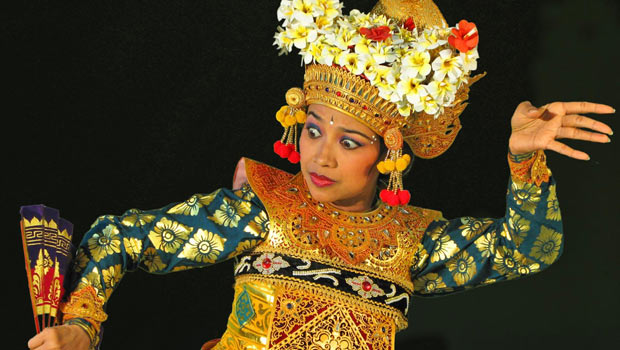Today Bali is famous for its clean and pristine beaches along with a host of fun and adventure activities. It is interesting to know that some researchers feel that Bali would have maintained the same charm and beauty even before the Ice Age. In the more recent past, Balinese people have come under strong influence of Buddhism, Chinese culture and later Hinduism. Today, even though Indonesia is an Islamic country, Bali retains its own unique Hindu culture.
From Pre- Ice Age Era to 800 BC
It is believed that Bali was the final frontier in the mainland and a place was a magnet for human immigration several millennia ago. In the pre-ice age era, being at the end of the mainland, the sheer beauty and abundance of Bali would have attracted early human settlers. In fact excavations have revealed the existence of Java man or Homo erectus in these islands.
During the Neolithic era, a lot of immigrants from south China moved to Bali to establish settlements. These people brought with them the skills to grow rice and other cultural artefacts. Balinese civilisations evolved through Bronze Age when the locals learnt the techniques of using metals to create tools and weapons from Vietnamese immigrants.
Spread of Hinduism
Around 800BC, there was an explosion of Buddhism and Hinduism in Bali. It was around this time that the first written records of Balinese civilisation were created. There was rapid growth of culture and heritage in Bali during this golden era. During this period, Bali was one of the many islands ruled by Hindu kings and there was constant quarrelling among the kingdoms.
In 1343, Majapahit Empire from Eastern Java conquered Bali bringing the Island under its rule. This event had a significant influence in shaping the future of Bali island, its people, culture and history. Balinese civilisation started to develop its own unique Hinduism which had its roots in the original Indian culture, but evolved on its own through cross pollination with Buddhism and Chinese influences.
In 1515, the Majapahit kingdom fell to Islam. This triggered a mass exodus of Hindus from Java to Bali. The sudden influx of creative and skilled Hindus transformed Bali forever. The safe haven allowed the immigrants to practice their skills in peace and Balinese art and culture blossomed. With continuing influences from multiple local cultures due to immigration, the Balinese Hinduism became quite distinct from the original Indian Hinduism. While both religions share common epics like Ramayana and Mahabharata, the depictions of these epic poems became distinctly different.
To date Bali maintains its Hindu culture and art despite being part of an Islamic Indonesia.
European Influence
For a brief period between 1846 and1922 the Dutch colonised these islands by aiding the local people fight their rulers. During World War II, however, Dutch lost the possession of the island to Japan. In 1945 Indonesia declared independence and became a recognised sovereign country.
Since the Islamic influence, a lot of the Hindu art and culture in Java died a low death as Islam does not permit paintings. However, retaining its distinct Hindu roots, Bali still has a vibrant art and cultural heritage preserved through paintings, sculptures and other art forms. A tour of Bali will clearly showcase the influence of its rich history in various walks of life. Be it the dances, paintings, food, culture or general lifestyle.






